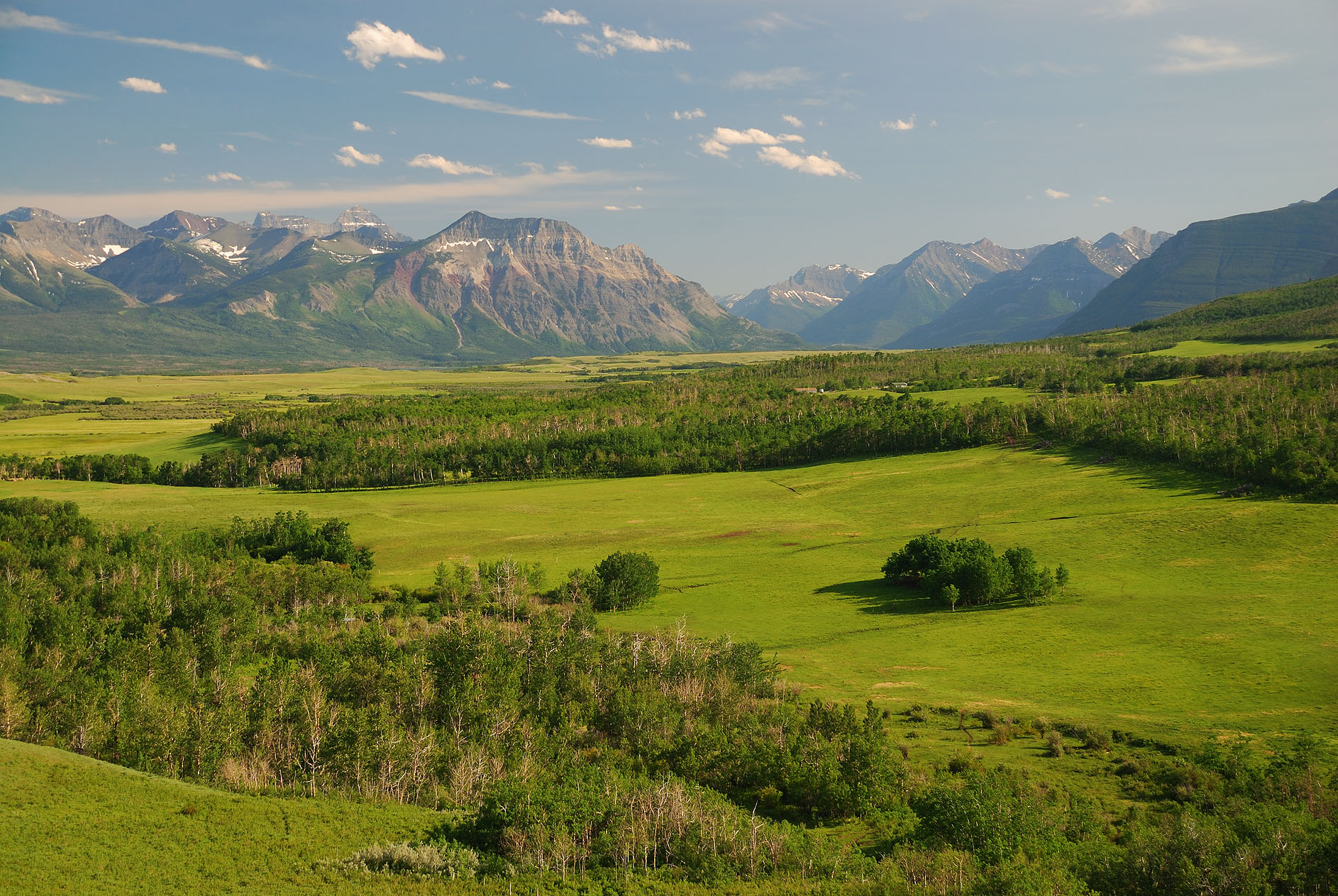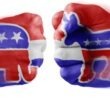For New Yorkers, summer travel to Montana has intrinsic worth: scenery, family, climate, and a break from the routine we create for ourselves. It is also an opportunity to see the world through a different set of eyes.
Those eyes in Montana are cast firmly on the 2020 presidential election to precisely the same extent they are in New York—with increasing interest and increasing division, while not yet being fully engaged in the daily ups and downs of the campaign.
Montana went for Trump in 2016 by a reasonable but not overwhelming margin. It’s an unusual place, politically. It’s in the heart of the Rocky Mountains and, like its neighbors, has a feisty, gun-totin’, libertarian streak. Unlike its neighbors, it also has a progressive tradition that has given us national leaders like Mike Mansfield and Max Baucus, Democratic stalwarts of a decidedly liberal bent. It has a Democratic governor who is running for president, Steve Bullock. Last year it reelected Senator John Tester, rejecting a Trumpish challenger.
In such an environment, it pays to listen and learn. Democrats who want to win an election need to talk with folks who are open to a change in Washington but aren’t yet rushing to embrace the Democrats.
Put aside the ideological and partisan right and left. No disrespect intended, but they are set in their ways and less open to persuasion.
What remains is a thoughtful spectrum of voters ready to listen. They tend to know Trump for who and what he is. They like the idea of affordable health care for all, want reasonable environmental protections, secure borders, humane immigration policies, support for family farms, no trade wars, and no military adventures.
Ripe for the Democratic message, right?
Not so fast. Time and again you hear both reasoned and cultural reactions to the new forces in the Democratic Party. The drumbeat of expanded health care, college tuition, child care, and the wish list of “free stuff” has caused a reaction. Folks aren’t inherently opposed. They just want to know who’s going to pay for it.
And that leads to a more philosophical reluctance to create a culture of dependency on government. Self-reliance is an assumed element of the human condition out here. A government that provides broad and deep benefits undermines a cherished value when it seems to discourage taking responsibility for one’s own fate.
I’m not suggesting the correctness of these views. I am suggesting that the outcome of the 2020 election may depend on the willingness of the Democratic candidate to openly discuss them. The 2016 election turned on the inability of Hillary Clinton to engage disaffected voters who were not reactionaries but who felt abandoned by the national Democratic party. There are Montana-ish voters in Michigan, Ohio, Florida, and Wisconsin, who will not react well if they again feel ignored. The deeper we get into the campaign, the clearer it becomes that a winning Democratic candidate has a lot of leeway on policy but an enormous challenge in how to talk about policy in ways that connect with people who disagree. That’s a fair challenge, and it will resonate, if met, in Montana and similar places.
Richard Brodsky is a former New York State Assembly member.





Richard Brodsky offers persuasive explanations for the Montana voter’s slippage into the Trump camp. Yet surely they too can recognize that “feeling ignored” is built into our troubled democratic system: those of us who vote in the majority are consistently ignored by that system, left to appear on election day to give our votes, yet counted out by the deeply questionable Electoral College. If anything, my quarrel — and I won’t claim to speak for others — is with the failure of Democrats, defeated twice in this century by Electoral College mischief, to lift a finger or hand to overturn this antique branch of the Federal election-system. The Trump presidency qualifies as our longest national nightmare and wouldn’t have happened were it not for the Electoral College, surviving despite its racist origins. Montanans: Please help to bring back majority rule.
We live in a Democratic Republic that works fairly well if the people elected to represent us are reasonably honest, have a conscience, and show a desire to make the country a better place for all rather than putting party and or self first. Obviously, that did not happen in 2016 and we are reaping the fallout from that. Unless you are a racist xenophobic white supremacist you will not vote for Trump in 2020. I am saddened by the fact that enough of us are still just that and make him a viable candidate